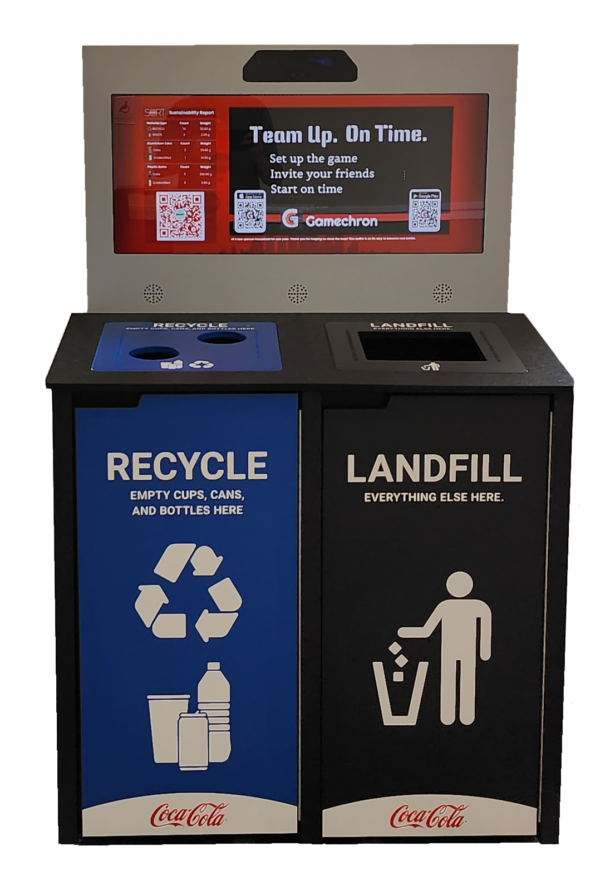Composting is an incredibly powerful tool for creating nutrient-rich soil. It’s easy to do, and the process can be as simple or as complicated as you make it. Composting involves combining organic materials such as food scraps, yard trimmings, and paper products with soil and water. This mixture is then left to decompose and break down into a dark, crumbly material that is ideal for enriching soil and helping plants to thrive. The key to successful composting is maintaining the right balance of materials, moisture, and aeration. Here are some tips and tricks for getting the most out of your composting efforts.
Start with a good mix of materials. Aim for a ratio of two parts green materials (like grass clippings and vegetable scraps) to one part brown materials (such as fallen leaves and shredded paper). The green materials provide nitrogen, while the brown materials provide carbon. Both are essential for creating a healthy compost pile.
Water your compost pile regularly. Proper moisture is key to the decomposition process—aim for a consistency that is damp but not soggy. If it’s too wet, add more brown materials; if it’s too dry, add more water.
Aerate your compost pile regularly. This can be done by turning it with a pitchfork, or even just stirring it up with a garden hoe. Aeration helps to ensure that oxygen gets to all parts of the pile, which helps speed up the decomposition process.
By following these tips, you’ll be able to create nutrient-rich soil that will give your plants the boost they need to thrive. Composting is a great way to reduce waste and give back to the environment. So give it a try and see how it can help your garden!




